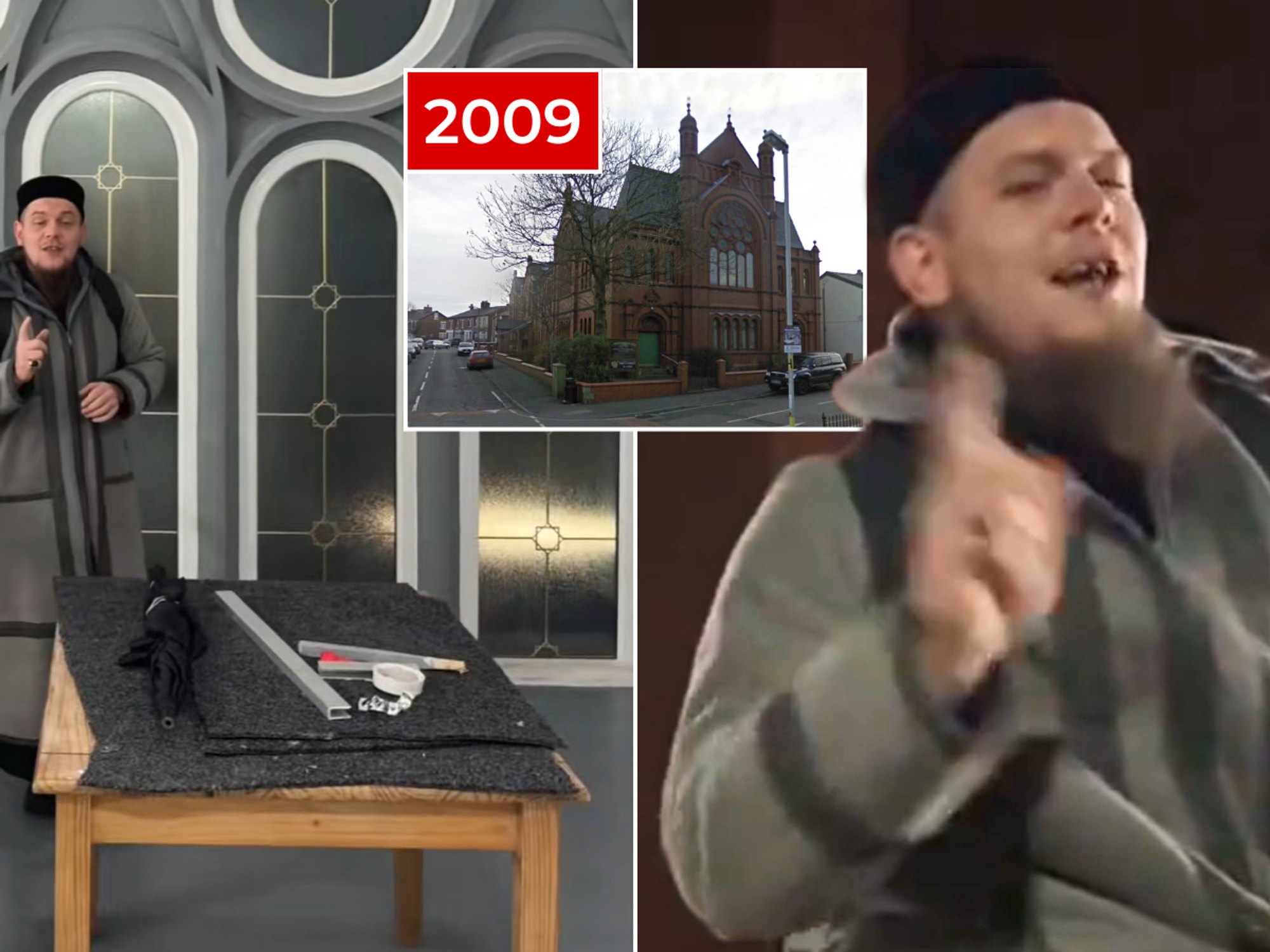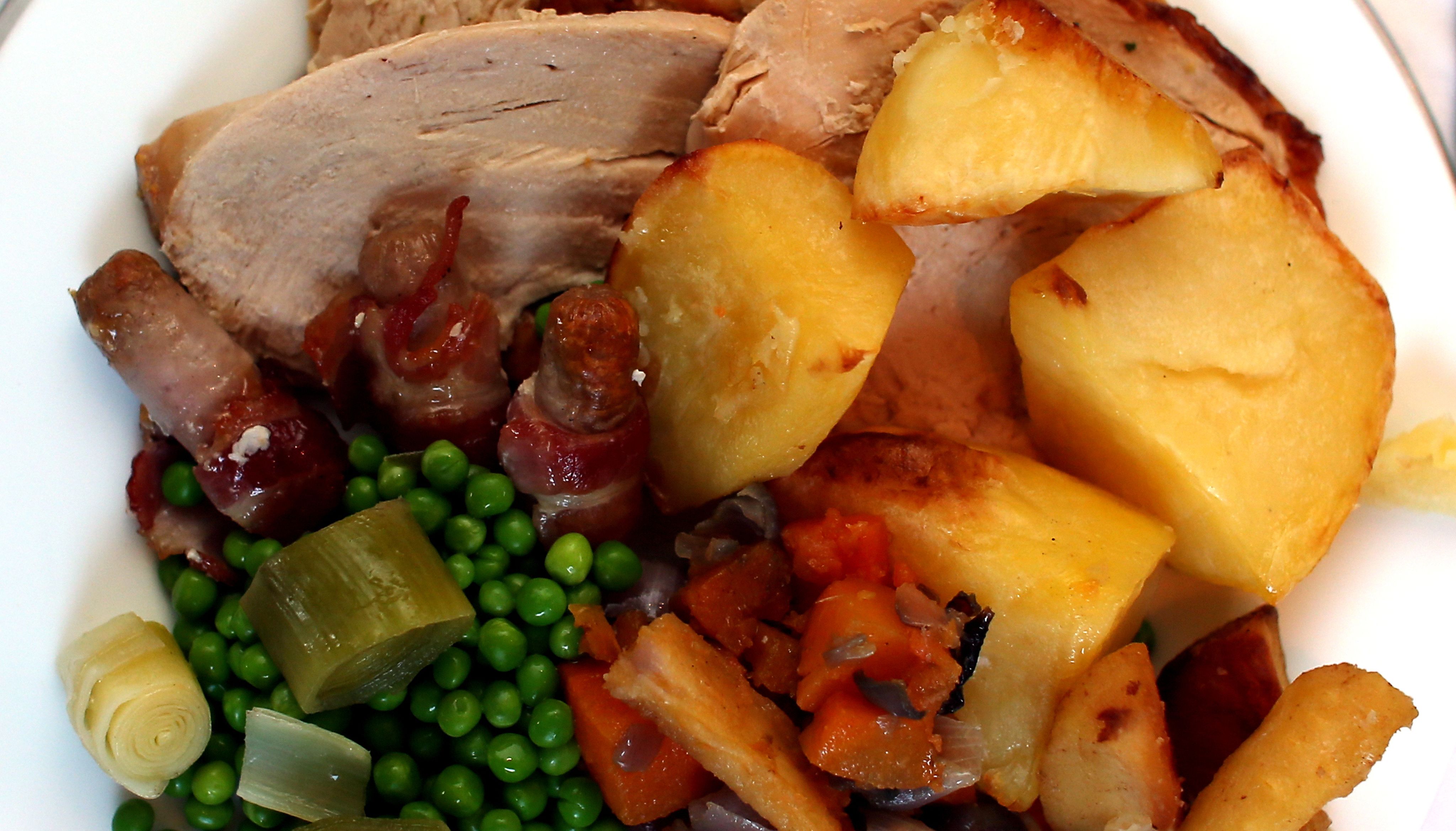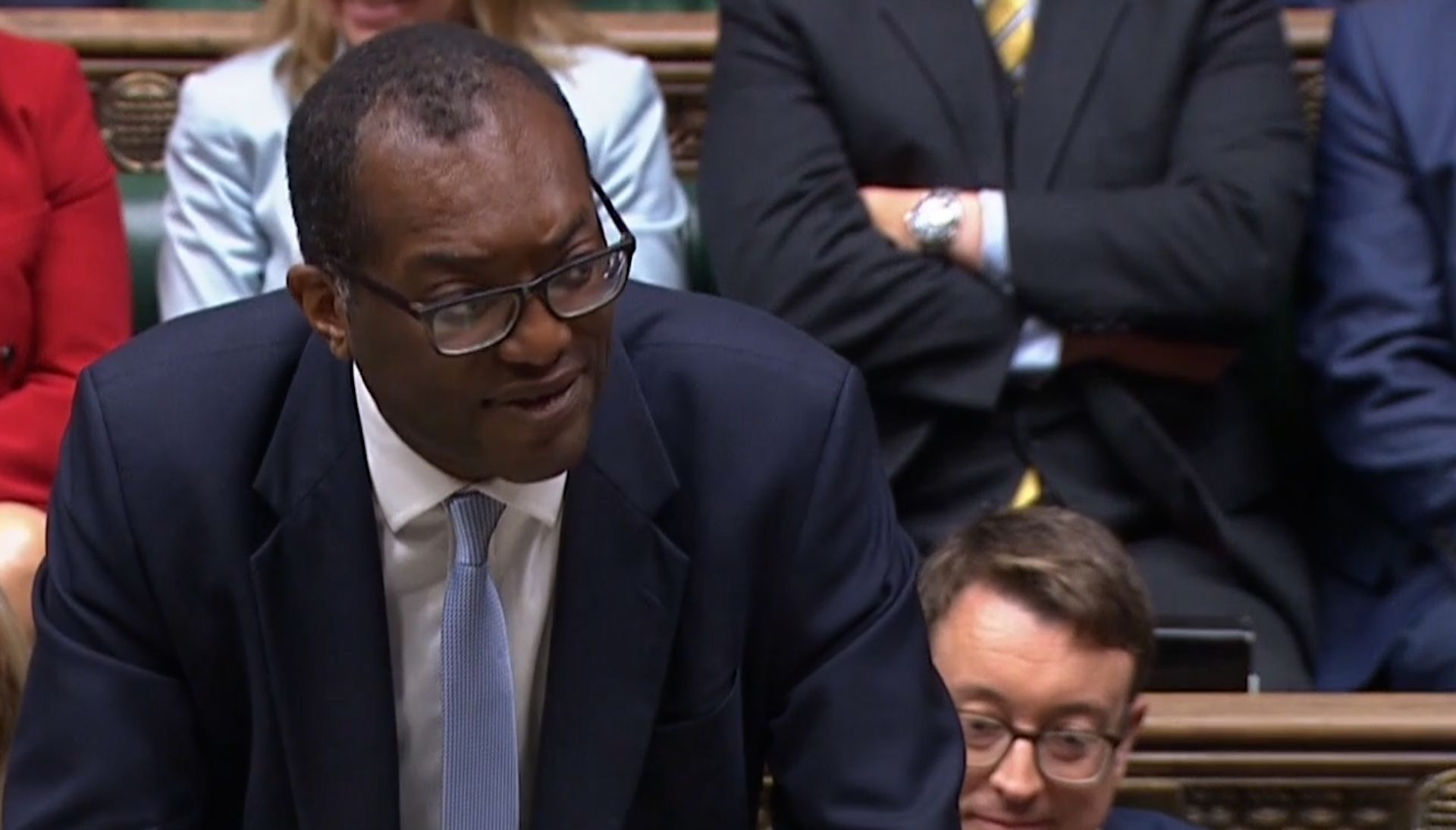Sunday roast in decline with nearly a fifth of people not using oven as cost of living crisis bites

Nearly a fifth also say they are choosing ingredients that are faster to cook or looking for recipes that are speedier to prepare.
Don't Miss
Most Read
A quarter of cooks say they are now less likely to prepare a Sunday roast and nearly a fifth say they will no longer use their oven at all as they respond to the cost-of-living crisis, a survey suggests.
Soaring energy costs appear to already be influencing kitchen habits, with 23% of cooks saying they use the oven and hob less and 21% increasingly turning to the microwave, according to an annual survey.
Nearly a fifth (19%) say they are choosing ingredients that are faster to cook or looking for recipes that are speedier to prepare.
Some 26% claim they are less likely to cook a Sunday roast, while a fifth (20%) are no longer baking as many cakes or biscuits, the poll of 2,005 adults and 1,007 children found.
Almost a fifth (18%) claim they no longer switch the oven on at all.
A fifth (20%) say they specifically look for money off or yellow “reduced” stickers on food when shopping, while 28% plan meals in advance and 23% batch cook to try to cut costs.
A third (34%) say they have stopped buying takeaways and 31% are eating out less often.
Sunday roast in decline with nearly a fifth of people not using oven as cost of living crisis bites
David Davies
However, in a positive development, 64% said they were cutting back on food waste in order to save money, according to the survey by BBC Good Food.
Christine Hayes, the editor-in-chief of BBC Good Food, said: “These findings reveal the extent to which rising food prices and energy costs have impacted on the way the nation eats in a relatively short space of time.
“Traditional cooking methods, the oven and the hob, are being switched off in favour of appliances that use less energy, and shopping baskets and mealtimes at home are looking very different.”
The findings coincide with a YouGov poll suggesting that one in five Britons have been forced to cut spending on essential food items since November – up from 17% who said the same in July.
Among the lowest income households – those earning less than £20,000 a year – 28% say they have been forced to reduce spending on household essentials and 29% have had to make cuts to their staple food budget, the poll of 2,242 British adults this month indicates.
Even among households earning £60,000 or more per year, around one in nine (11%) have been forced to reduce spending on staple food items, according to the poll.
The Government will borrow an extra £70 billion over the coming months to fund its massive energy bills support for households and businesses.
The combined energy schemes will cost around £60 billion over the first six months, the Chancellor announced on Friday.
Parliament TV
The business relief package, which provides companies with a discount on their bills, will cost around £29 billion over the period.
Meanwhile the support for regular people, which caps bills at £2,500 for the average household – although your bill can be higher or lower if you use more or less energy than the average – will cost £31 billion, according to current projections.
The Chancellor's major spending package also included:
– A cut to stamp duty, meaning 200,000 less people will pay the tax on house purchases.
– The introduce of VAT-free shopping for overseas visitors.
– Legislation to force trade unions to put pay offers to a member vote so strikes can only be called once negotiations have fully broken down.
– Confirmation of plans to make around 120,000 more people on Universal Credit take active steps to seek more and better paid work, or face having their benefits reduced.













